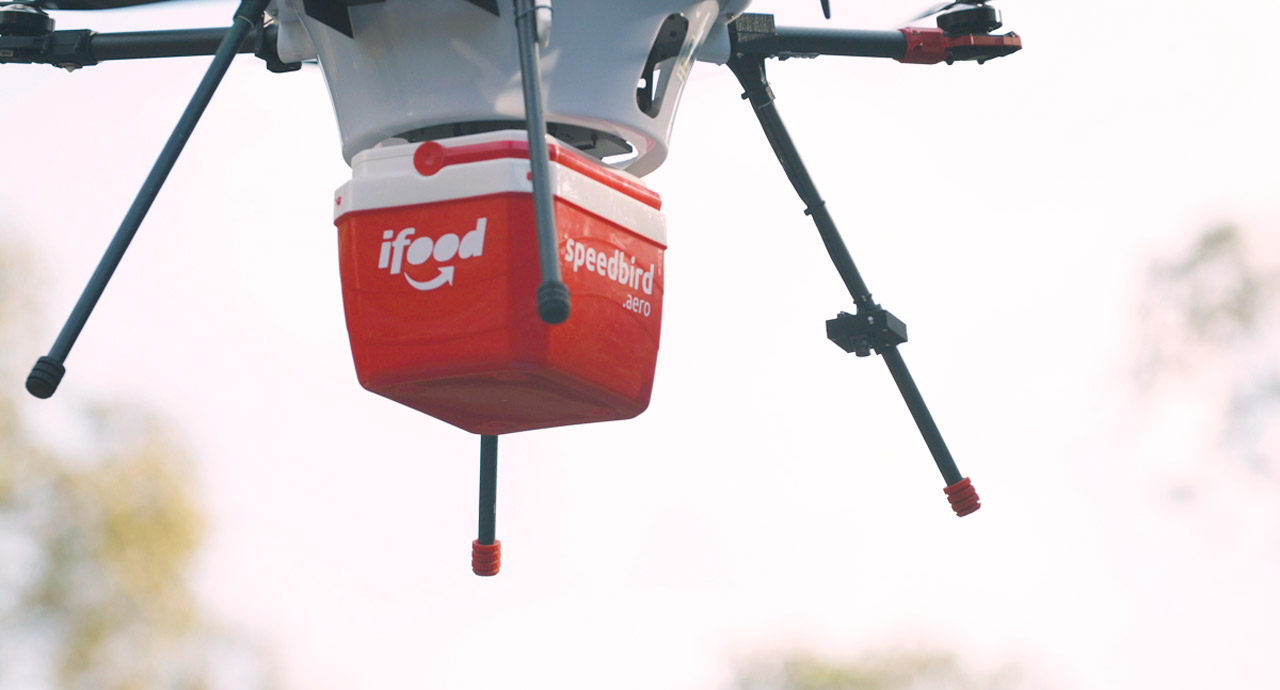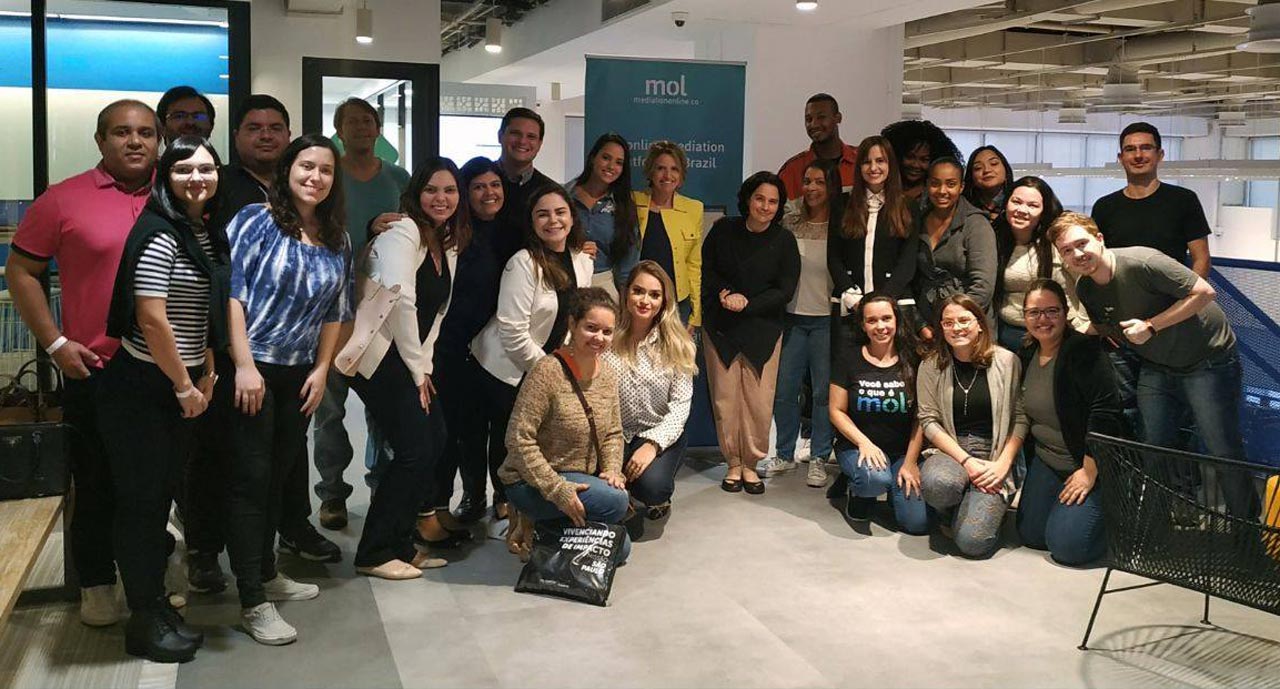Contxto – Latin America could become quite the powerhouse in terms of job creation in the future. A recent study showed that a shift to a net-zero carbon economy would create 22.5 million jobs in the region by 2030. But to reach that scenario, preparing farmers with training and innovative tech is critical.
These findings also help explain why the Inter-American Development Bank (IDB) Lab and Syngenta Ventures recently invested in AgVentures Fund II.
While we don’t know how much each party pitched, it does give me reason to believe that while Latam has been a big deal in recent years because of its fintechs… perhaps more attention should be paid to its agtech and foodtech industries.
AgVentures Fund II
This equity fund, managed by São Paulo Ventures (SP Ventures), invests in startups. Specifically, those disrupting the agriculture and food industries.
“Latin America and the Caribbean’s food systems need new solutions for increasing food production while adopting a more inclusive and sustainable path,” said Tomás Lopes Teixeira, IDB Lab’s Chief Investment Officer.
“Innovative technology from agfood and agtech startups can play a central role by providing farm-level solutions to help smallholders and rural workers improve productivity, livelihoods, and climate resilience,” added the Executive.
German BASF Venture Capital had previously contributed to this fund as well.
AgVentures’ overarching goal is to partake in late-seed and Series A rounds.
Sowing seeds in Latin American soil
The IDB Lab and the International Labour Organization (ILO) carried out this aforementioned study which suggests that we’re only beginning to see the surface of the region’s potential in agriculture.
Interestingly, the largest drivers in this shift towards net-zero carbon economy would derive from dietary changes. Meaning, more people opting for plant-based diets.
According to the report, around 19 million full-time jobs would emerge from plant-based agriculture.
This also helps explain the strategic emergence and positioning of foodtech companies developing meat-free alternatives. Examples include Chileans NotCo and The Live Green Co. as well as Brazilian Fazenda Futuro.
These companies would have access to essential ingredients for their plant-based burgers, ice cream, and whatnot right at home.
Related articles: Tech and startups from Brazil!
-ML






